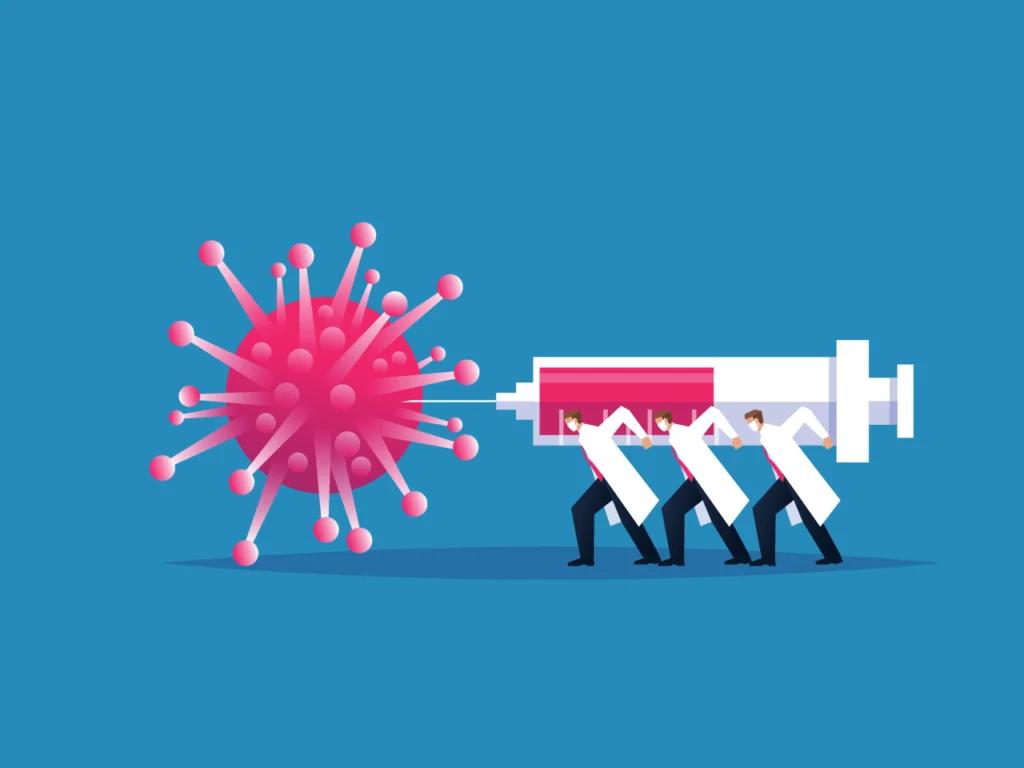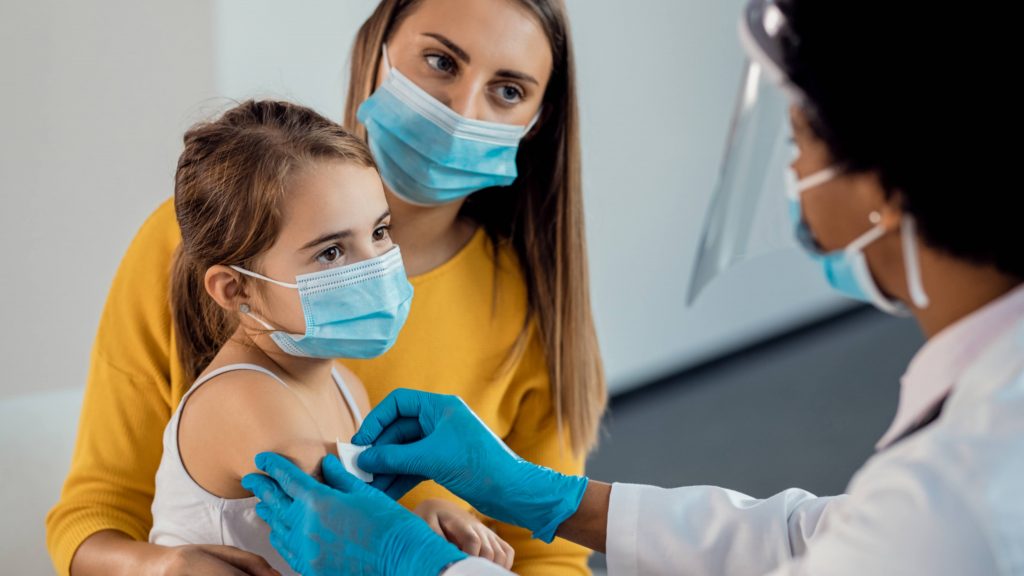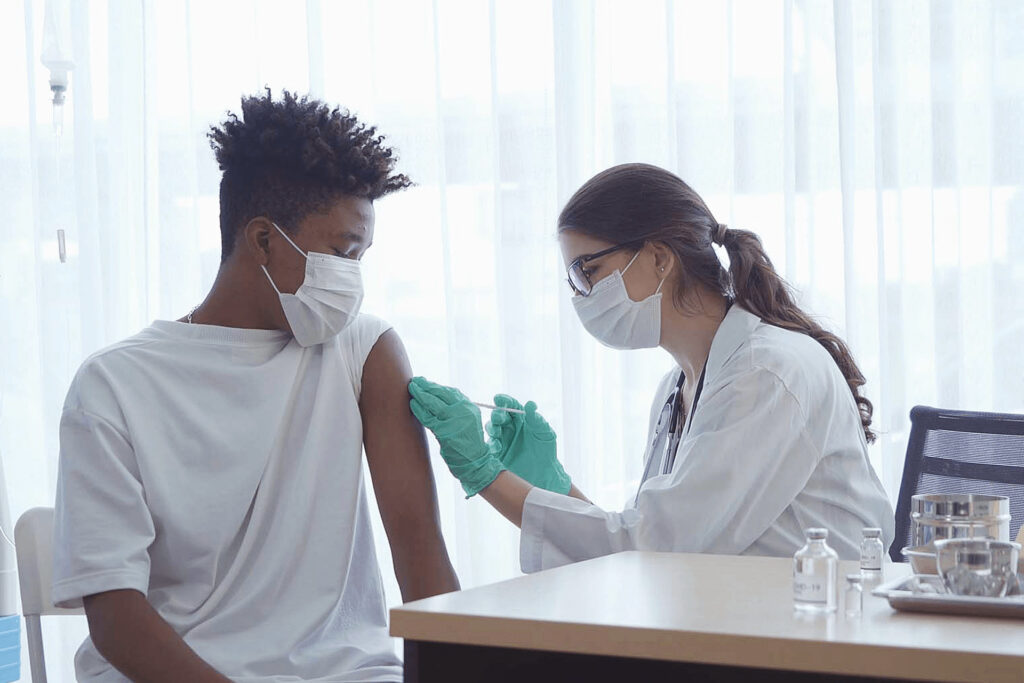Vaccines have revolutionized public health, offering a powerful defense against numerous infectious diseases. By stimulating the body’s immune response, vaccines prepare the immune system to combat future infections effectively. This article delves into the importance of vaccines, their types, benefits, safety considerations, and their pivotal role in global health.
What Are Vaccines?

Table of Contents
Vaccines are biological preparations that provide immunity against specific diseases. They contain agents resembling disease-causing microorganisms, prompting the immune system to recognize and combat these pathogens without causing illness. This process equips the body to respond swiftly and effectively upon actual exposure to the disease.
Types of Vaccines
Understanding the different types of vaccines helps appreciate their mechanisms and applications:
- Live Attenuated Vaccines: Contain weakened forms of the virus or bacteria. Examples include measles, mumps, and rubella (MMR) vaccines.
- Inactivated Vaccines: Use killed pathogens to elicit an immune response. Polio and hepatitis A vaccines fall into this category.
- Subunit, Recombinant, Polysaccharide, and Conjugate Vaccines: Include specific pieces of the pathogen, like proteins or sugars. Examples are the HPV and whooping cough vaccines.
- Toxoid Vaccines: Target toxins produced by bacteria, such as the tetanus and diphtheria vaccines.
- mRNA Vaccines: Use messenger RNA to instruct cells to produce a protein that triggers an immune response. COVID-19 vaccines like Pfizer-BioNTech and Moderna are mRNA vaccines.
Benefits of Vaccination
Vaccination offers numerous advantages:
- Disease Prevention: Vaccines have eradicated or reduced many deadly diseases. For instance, smallpox has been eradicated globally, and polio cases have decreased by over 99% since 1988.
- Herd Immunity: High vaccination rates protect those who cannot be vaccinated, such as individuals with certain medical conditions, by reducing disease spread.
- Economic Benefits: Vaccination reduces healthcare costs by preventing disease-related expenses, including hospitalizations and long-term treatments.
- Global Health Improvement: Vaccines prevent 3.5 to 5 million deaths annually worldwide, significantly contributing to increased life expectancy and quality of life.
Vaccine Safety and Side Effects

Vaccines undergo rigorous testing to ensure safety and efficacy. Common side effects are typically mild and temporary, including:
- Pain or redness at the injection site
- Mild fever
- Fatigue
- Headache
Serious side effects are rare. Healthcare providers are trained to manage any adverse reactions effectively.
The Role of Vaccines in Public Health
Vaccines are instrumental in controlling and eliminating life-threatening infectious diseases. They contribute to:
- Reducing Disease Incidence: Vaccination has led to significant declines in diseases like measles, mumps, and rubella.
- Preventing Outbreaks: High vaccination coverage prevents the resurgence of diseases, as seen in the control of polio and diphtheria.
- Protecting Future Generations: Eradicating diseases through vaccination ensures they no longer pose a threat to future populations.
Addressing Vaccine Hesitancy

Vaccine hesitancy, fueled by misinformation and distrust, poses a challenge to public health. Combating this requires:
- Education: Providing accurate information about vaccine safety and benefits.
- Community Engagement: Involving community leaders to build trust.
- Transparent Communication: Addressing concerns openly and honestly.
Efforts to increase vaccine confidence are crucial to maintaining high vaccination rates and preventing disease outbreaks.
Conclusion
Vaccines are a cornerstone of modern medicine, offering protection against numerous infectious diseases. Their continued use is vital for individual and public health, economic stability, and the well-being of future generations. By staying informed and advocating for vaccination, we contribute to a healthier, safer world.
Stay updated with the latest health information and insights by visiting medsniff.com. Join our community in promoting health and well-being through informed choices.



